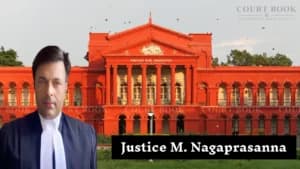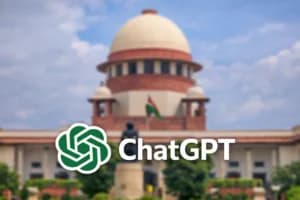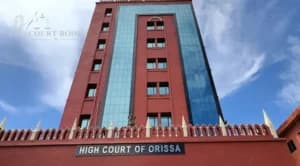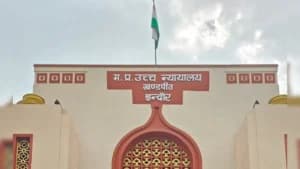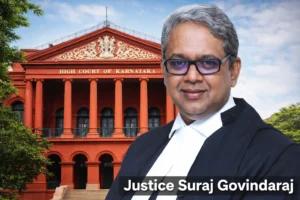A special MP/MLA court in Pune has dismissed an application against prominent right-wing figure Vinayak Damodar Savarkar seeking a copy of a book allegedly used by Congress leader Rahul Gandhi during his speech in London.
The application was filed by Satyaki Savarkar, grandson of VD Savarkar, claiming that the book was evidence needed for his private criminal defamation complaint against Gandhi. However, Judge Amol Shinde ruled that forcing Gandhi to produce the book would violate his constitutional rights.
"The accused cannot be compelled to become a witness against himself, nor can he be compelled to produce any incriminating material against himself," - Special Judge Amol Shinde
Read also: Why did the Supreme Court Suspend Kiran Kumar's Sentence in Vismaya Dowry Death Case?
The judge further clarified that the documents in question are incriminating in nature, and compelling Gandhi to produce them would violate Article 20(3) of the Constitution of India, which provides protection against self-incrimination.
"An order directing the accused to file incriminating documents cannot be passed," the court said. "If the accused is compelled to produce such evidence prematurely, it would violate his fundamental right."
Gandhi's counsel, advocate Milind Pawar, successfully argued that Satyaki, as a private complainant, must prove the case beyond reasonable doubt. The court agreed, stressing that the accused has the right to remain silent and cannot be compelled to disclose his defence before the trial begins.
The court highlighted the basic legal principle that "the accused is presumed innocent until proven guilty." Forcing Gandhi to produce the book at this juncture would be prejudicial to his right to a fair trial.
What the application was about
Satyaki Savarkar, through his advocate Sangram Kolhatkar, sought a copy of the book allegedly quoted by Gandhi during his speech. He argued that since Gandhi had relied on this book for his statements, it was necessary to obtain it. He also pointed out that the court had earlier accepted Gandhi's application to obtain copies of two books written by Savarkar - "Majhi Janmathep" and "Hindutva".
Background of the case
The criminal defamation case is based on statements made by Gandhi at an Overseas Congress event in the UK on March 5, 2023. Satyaki alleges that Gandhi falsely accused Savarkar of writing about the beating of a Muslim man, which is completely fabricated, according to the complaint.
Read also: Appeal to Dismiss "Kahaani 2" Script Case in SC, Notice Issued on Sujoy Ghosh's Plea
Satyaki has submitted news reports and a YouTube link of Gandhi's speech as evidence. He says these statements were made with a malicious intent to damage Savarkar's reputation and cause mental agony to his family.
"The defamatory speech was delivered in England, but its impact was felt in Pune as it was telecast across India," the complaint said.
The defamation complaint has been filed under Section 500 of the Indian Penal Code (IPC), which deals with punishment for defamation. It also cites Section 357 of the Code of Criminal Procedure (CrPC), seeking maximum compensation for the damages allegedly caused.
Earlier, the court had accepted Gandhi's plea seeking conversion of the case into a summons trial instead of a summary trial. This was done to allow for a detailed presentation of the historical record and evidence.









